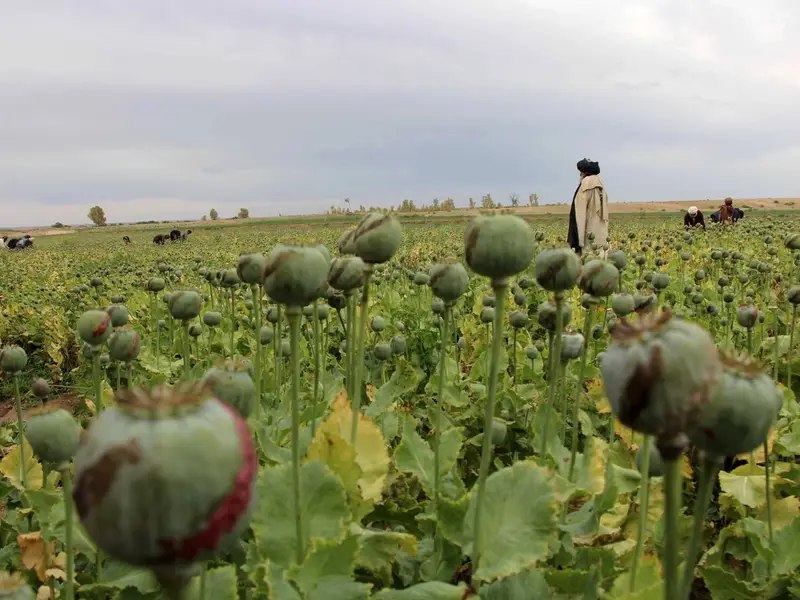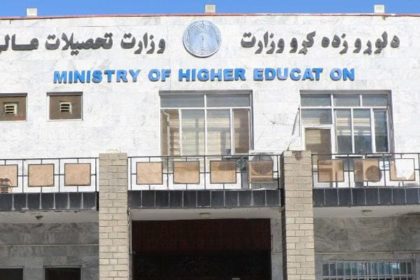RASC News Agency: In an article published on the “World Politics Review” website, Philip Berry and David Mansfield, two leading experts in drug research, assert that despite the Taliban’s declared ban on poppy cultivation, the trade and trafficking of narcotics persist in Afghanistan, continuing to supply European markets. The authors argue that substantial drug reserves and ongoing trafficking in Afghanistan have kept European markets well-stocked, averting any noticeable heroin shortages.
Philip E. Berry, a visiting scholar at King’s College London, and David Mansfield, a senior expert in narcotics, emphasized in their article that there is insufficient evidence to suggest that the Taliban have effectively curbed the drug trade and trafficking. According to the researchers, the domestic trade in narcotics is more robust than ever within Afghanistan.
The research reveals that despite the Taliban’s prohibition on the cultivation and production of narcotics, prices have dropped by nearly 50%, signaling the presence of significant “reserves” within Afghanistan. The senior drug researchers noted, “The primary reason Europe has not experienced a heroin shortage is the substantial quantities of opium that continue to be produced and stockpiled within Afghanistan.” They further added, “Investigations utilizing satellite imagery clearly indicate that farmers in southern and southwestern Afghanistan may have stockpiled approximately 16,500 metric tons of opium before 2022.”
In their negotiations with the international community and the United States over Afghanistan, the Taliban had pledged to eradicate narcotics cultivation and trafficking. However, over the past year, it has become evident that in the southern provinces (Kandahar, Helmand, Uruzgan, and Nimroz), poppy cultivation and drug trafficking have not only persisted but have also markedly increased. In contrast, the Taliban have enforced the leader’s decree to eradicate drug cultivation and trafficking in the northern and northeastern regions, a double standard that has drawn widespread public criticism.






